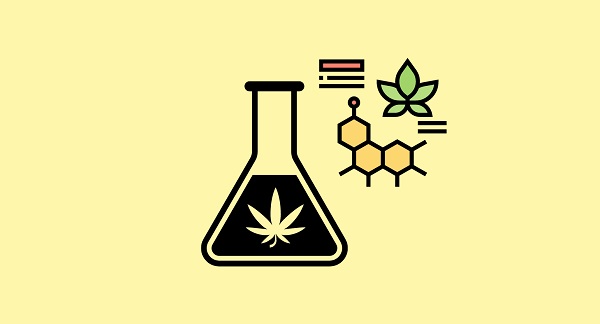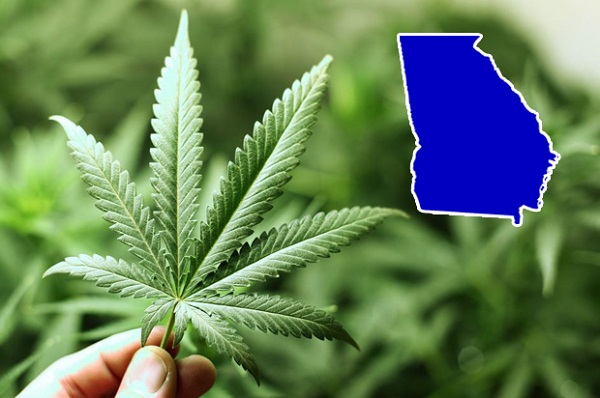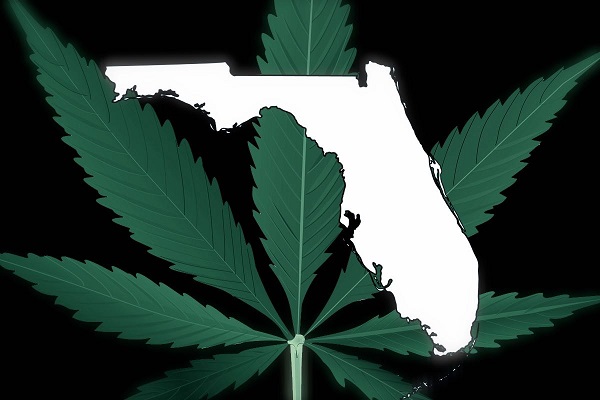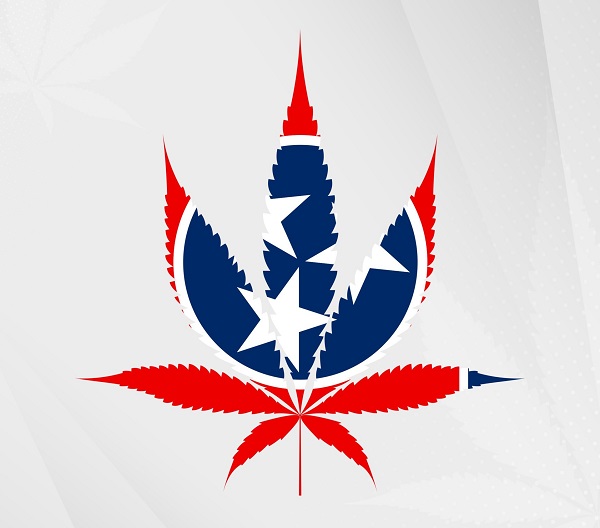As the popularity of cannabis continues to grow, so does the interest in its various compounds and their effects on the body. Two compounds that have gained recent attention are delta-8 THC and THCa. While they may sound similar, they have distinct differences in their chemical makeup and effects on the body. This article will explore the differences between delta-8 THC and THCa, their potential benefits, and their legal status. Whether you’re a cannabis enthusiast or just looking to learn more, read on to discover the differences between these two compounds.
What is Delta-8 THC?
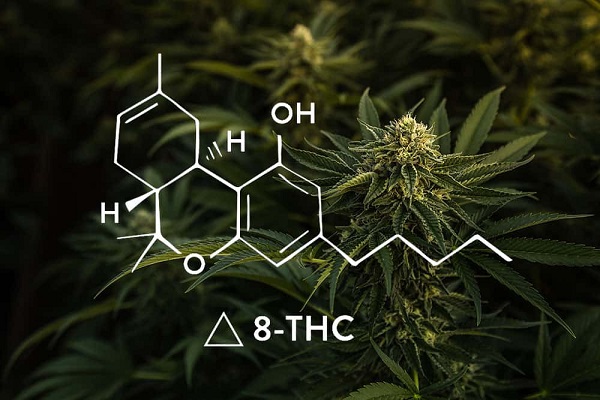
Delta-8 THC (delta-8 tetrahydrocannabinol) is a psychoactive cannabinoid that is naturally found in small quantities in cannabis plants. It is similar in chemical structure to delta-9 THC, which is the primary psychoactive compound in cannabis, but it has some important differences.
Delta-8 THC has a double bond on its 8th carbon chain, while delta-9 THC has a double bond on its 9th carbon chain. This structural difference gives delta-8 THC unique properties compared to delta-9 THC. For example, some users report that delta-8 THC produces a milder, more clear-headed high than delta-9 THC.
Delta-8 THC is produced by the degradation of delta-9 THC. This can occur naturally over time or through the use of heat or chemicals. It is also possible to produce delta-8 THC through a process of extraction and distillation from cannabis plants that have been bred specifically to contain higher levels of this cannabinoid.
Delta-8 effects
Delta-8 THC can produce a range of effects when consumed. While it is similar in chemical structure to delta-9 THC, delta-8 THC is reported to produce a milder and less intense high.
Some of the reported effects of delta-8 THC include:
- Euphoria: Delta-8 THC can produce feelings of happiness, euphoria, and well-being.
- Relaxation: Delta-8 THC may produce a calming and relaxing effect on the body, which can help to reduce stress and anxiety.
- Pain relief: Delta-8 THC may have analgesic properties, which can help to reduce pain and inflammation.
- Increased appetite: Delta-8 THC can stimulate appetite, which may be helpful for individuals who have a reduced appetite due to certain medical conditions.
- Improved focus: Some users report that delta-8 THC produces a clear-headed high, which can improve focus and concentration.
- Reduced nausea: Delta-8 THC may have anti-nausea properties, which can help to reduce feelings of nausea and vomiting.
The effects of delta-8 THC can vary depending on the method of consumption, the dose, and the individual’s tolerance and sensitivity. It is important to start with a low dose and gradually increase as needed to avoid experiencing unwanted side effects such as anxiety, paranoia, or dizziness.
What is THCa?
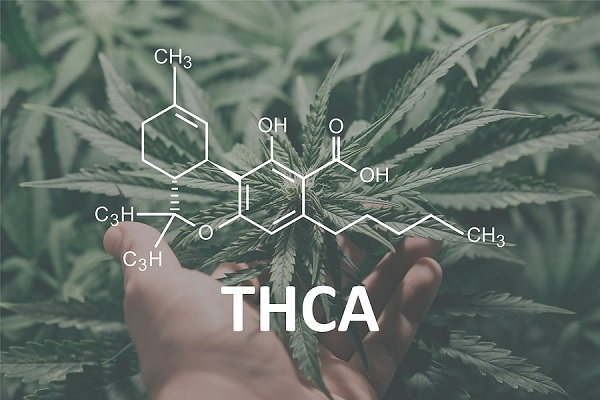
THCa (tetrahydrocannabinolic acid) is a non-psychoactive cannabinoid that is found in raw cannabis plants. THCa is the acidic precursor to THC (tetrahydrocannabinol), the primary psychoactive compound in cannabis. THCa is abundant in freshly harvested cannabis flowers and leaves, but it is rapidly converted into THC through a process of decarboxylation.
When cannabis is heated or exposed to light, THCa undergoes a chemical reaction that removes a carboxyl group from its molecular structure, converting it into THC. This process of decarboxylation can occur naturally over time as cannabis plants age or can be facilitated through various methods such as smoking, vaping, or cooking cannabis.
THCa effects
THCa is the non-psychoactive precursor to THC (tetrahydrocannabinol), the primary psychoactive compound in cannabis. While THCa itself does not produce any psychoactive effects, it is believed to offer potential health benefits.
Some of the reported effects of THCa include:
- Anti-inflammatory properties: THCa is believed to have anti-inflammatory properties, which can help to reduce inflammation and pain in the body.
- Neuroprotective properties: THCa may have neuroprotective properties, which can help to protect the brain from damage and improve cognitive function.
- Anti-cancer properties: Some studies suggest that THCa may have anti-cancer properties, which can help to inhibit the growth of cancer cells.
- Anti-epileptic properties: THCa may have anti-epileptic properties, which can help to reduce the frequency and severity of seizures.
- Reduced anxiety and depression: Some users report that THCa produces a calming and relaxing effect on the body, which can help to reduce anxiety and depression.
- Pain relief: THCa may have analgesic properties, which can help to reduce pain and inflammation.
The potential benefits of THCa are still being studied, and more research is needed to fully understand its effects on the body. Additionally, the method of consumption can also impact the effects of THCa. Consuming THCa in its raw form, such as by juicing or blending raw cannabis plant material, allows for the preservation of the cannabinoid’s acidic form and associated potential health benefits.
What is the difference between THCa and Delta-8?
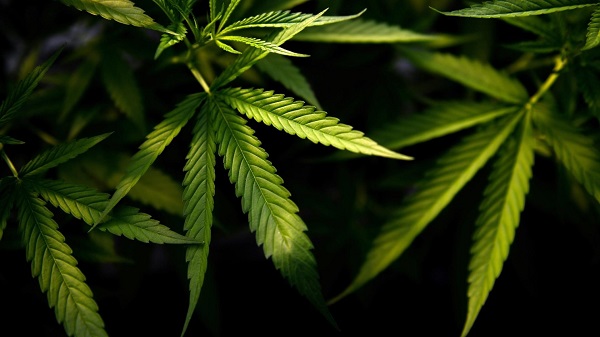
THCa and delta-8 THC are two different chemical compounds found in the cannabis plant, and they differ in their chemical structure and effects on the body.
The main difference between THCa and delta-8 THC is their psychoactivity. THCa itself is not psychoactive, meaning it does not produce a “high” when consumed. Instead, it is converted to THC when heated, through a process called decarboxylation. THC, in turn, is the primary psychoactive compound in cannabis that produces a range of effects on the body and mind.
On the other hand, delta-8 THC is a psychoactive compound, similar in structure to delta-9 THC (the primary psychoactive compound in cannabis), but with some differences in its effects. Delta-8 THC is reported to produce a milder and less intense high than delta-9 THC, with a lower likelihood of causing anxiety or paranoia in users.
Another difference between THCa and delta-8 THC is their potential health benefits. THCa is believed to have anti-inflammatory, neuroprotective, anti-cancer, and anti-epileptic properties, among others, while delta-8 THC is mainly used for its reported euphoric, relaxing, and pain-relieving effects.
It is also worth noting that THCa and delta-8 THC can be consumed in different ways. THCa is often consumed in its raw form, such as by juicing or blending raw cannabis plant material, while delta-8 THC is typically consumed through smoking, vaping, or ingesting edibles or tinctures.
Overall, THCa and delta-8 THC are two different chemical compounds with different effects on the body, and their consumption should be approached with an understanding of their unique properties and potential risks and benefits.
THCa vs Delta-8 potency percentage
The potency percentage of THCa and delta-8 THC can vary depending on the strain of cannabis and the method of extraction or production.
THCa is the precursor to THC, and its potency is measured in terms of its potential to convert to THC through decarboxylation. Most cannabis strains have a THCa content ranging from 10% to 25%, with some strains having even higher levels. It is important to note that the potency of THCa does not directly correlate with the potency of THC that will be produced upon decarboxylation.
Delta-8 THC, on the other hand, is typically produced through a process of distillation or conversion from CBD (cannabidiol) or delta-9 THC, and its potency can vary depending on the starting material and the method of production. Delta-8 THC is often found in cannabis products in concentrations ranging from 1% to 10%, although products with higher concentrations are also available.
It is worth noting that the potency percentage of a cannabis product does not necessarily indicate its overall potency or effectiveness. Other factors, such as the method of consumption, the individual’s tolerance, and the quality of the product, can also impact its overall effects on the body and mind.
Overall, both THCa and delta-8 THC can be potent compounds with unique effects on the body, and their consumption should be approached with caution and an understanding of their potential risks and benefits. It is important to consult with a healthcare provider or cannabis expert before using these compounds for medical or recreational purposes.
Legality of THCa and Delta-8
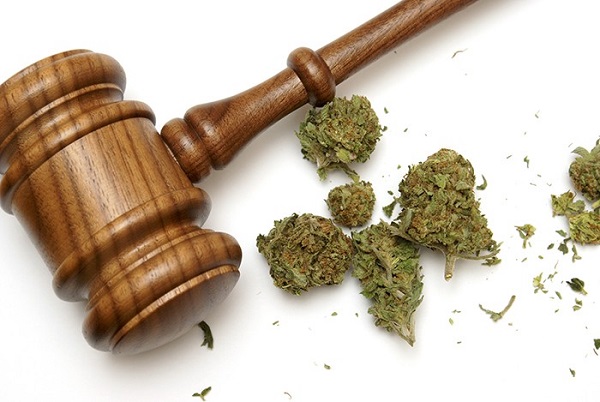
The legality of THCa and delta-8 THC can vary depending on the country, state, or jurisdiction in which they are being used or sold.
In the United States, THCa is generally considered legal since it is a non-psychoactive compound found in the cannabis plant. However, the legal status of cannabis and its derivatives is complex and varies from state to state. Some states have legalized cannabis for medical or recreational use, while others have more restrictive laws.
Delta-8 THC’s legality is also a subject of debate in the United States. While delta-8 THC is not explicitly listed as a controlled substance under federal law, it is derived from cannabis, which is still illegal at the federal level. Some states have explicitly banned the sale or use of delta-8 THC, while others have not.
It is important to note that the legal status of THCa and delta-8 THC can change over time, and individuals should stay informed about the laws in their jurisdiction before using or purchasing these compounds.
Overall, the legal status of THCa and delta-8 THC is complex and can vary depending on several factors, including the jurisdiction and the method of production or extraction. It is important to consult with a legal expert before using or selling these compounds to ensure compliance with relevant laws and regulations.
Are THCa and Delta-8 safe?
The safety of THCa and delta-8 THC is a subject of ongoing research and debate. While both compounds are generally considered safe when used in moderation, there are some potential risks and side effects associated with their use.
THCa is considered safe since it is a non-psychoactive compound found in the cannabis plant. THCa does not produce the “high” associated with delta-9 THC, and there is no evidence to suggest that it is addictive or harmful to health.
Delta-8 THC is a psychoactive compound that produces similar effects to delta-9 THC, although it is generally considered to be less potent. While delta-8 THC is generally considered safe, there are some potential risks and side effects associated with its use. These include:
- Impaired driving: Like other psychoactive compounds, delta-8 THC can impair driving ability and increase the risk of accidents.
- Addiction: While there is limited research on the addictive potential of delta-8 THC, some experts believe that it may be addictive, especially if used regularly or in large doses.
- Respiratory issues: Smoking or vaping delta-8 THC products can cause respiratory issues, such as coughing, wheezing, and shortness of breath.
- Anxiety and paranoia: Some users may experience anxiety, paranoia, or other negative psychological effects after using delta-8 THC.
It is important to note that the long-term effects of THCa and delta-8 THC use are not well understood, and more research is needed to fully understand their safety and potential risks. As with any psychoactive compound, it is important to use THCa and delta-8 THC responsibly and in moderation. Individuals with underlying health conditions or who are taking medication should consult with a healthcare provider before using these compounds.
Which is better: THCa or Delta-8?
The choice between the two ultimately depends on the individual’s needs and preferences.
THCa is often used for its potential therapeutic benefits. It does not produce the “high” associated with delta-9 THC, and there is no evidence to suggest that it is addictive or harmful to health. THCa may be useful for individuals who are looking for a cannabis-based therapy without the psychoactive effects of THC.
Delta-8 THC may be useful for individuals who are looking for a milder “high” or who experience anxiety or paranoia with delta-9 THC. Delta-8 THC may also have potential therapeutic benefits, although more research is needed to fully understand its effects.
Does THCa show up on a drug test?
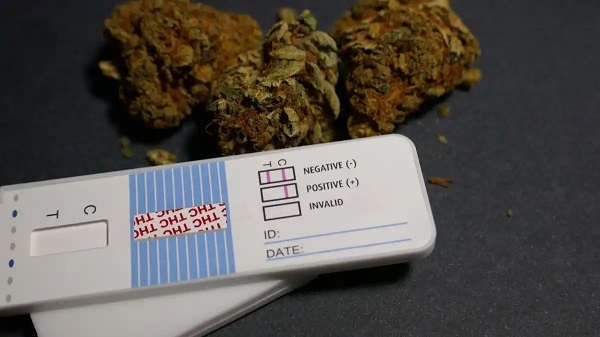
THCa itself does not typically show up on a standard drug test, as it is a non-psychoactive compound found in raw, unheated cannabis. However, THCa can be converted to delta-9 THC when heated or aged, which is the primary psychoactive compound in cannabis that is tested for in standard drug tests.
If THCa is heated or aged, it can decarboxylate into delta-9 THC and potentially lead to a positive drug test result for THC. The length of time that THC can be detected in a drug test depends on several factors, including the frequency and amount of cannabis use, the individual’s metabolism, and the type of drug test being used.
It is also worth noting that some drug tests may detect other cannabinoids or compounds found in cannabis, including delta-8 THC.
Final thought
THCa and delta-8 THC are two cannabis compounds with different properties and effects. THCa is a non-psychoactive compound that is often used for its potential therapeutic benefits, while delta-8 THC is a psychoactive compound that produces similar effects to delta-9 THC, although it is generally considered to be less potent.
While both THCa and delta-8 THC are generally considered safe when used responsibly and in moderation, there are some potential risks and side effects associated with their use. It is important to consult with a healthcare provider before using these compounds, especially if you have underlying health conditions or are taking medication.
Ultimately, the choice between THCa and delta-8 THC will depend on the individual’s needs and preferences. Further research is needed to fully understand the safety and potential therapeutic benefits of these compounds.

